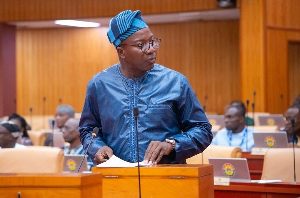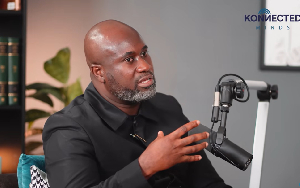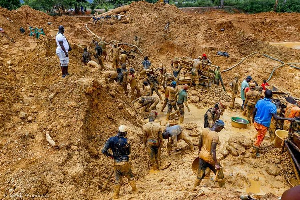Accra, Feb. 11, GNA - Ghana would host the 14th session of the African Forestry and Wildlife Commission (AFWC) meeting from February 16 to 21 as part of her contribution towards sustainable natural resource management in Africa.
It is being organised by the Food and Agriculture Organisation (FAO) in collaboration with the Ministry of Lands and Forestry. Eighty participants from 37 African countries would attend.
Professor Dominic Kwaku Fobih, Minister of Lands and Forestry, announcing this at a meeting on Wednesday in Accra, said the 14th session would be preceded by an international technical committee workshop on the management of wildlife and protected areas.
The AFWC is one of the six Regional Forestry Commissions worldwide and it provides a high level forum for senior forestry and wildlife officials, including ministers, to address the emerging forestry issues with key collaborators from within and outside governments.
Prof. Fobih told the press at a briefing that the management workshop would run simultaneously with a regional workshop on the implementation of the Intergovernmental Panel of Forests and the Intergovernmental Forum on Forest (IPF-IFF) proposals for action in Africa, particularly those related to trade, degraded lands and regional cooperation.
The Minister said the meeting would focus on regional and sub-regional cooperation in the forestry sector; the role of forests and water in food security and poverty reduction and the place of forests in the implementation of the New Partnership for Africa's Development (NEPAD) as parts of its agenda.
Participants would also be informed about current and future FAO support to the Congo Basin Forests, the status of forest research and education in Africa, trade issues facing the forest sector and the regional code of harvesting in dense tropical forest of Central Africa. According to Prof. Fobih, the meeting would provide the forum for Ghana to exchange ideas with experts from other African countries on best practices of sustainable forest management systems and approaches as well as access to donor support for poverty alleviation programmes within the forestry and wildlife sectors.
General News of Wednesday, 11 February 2004
Source: GNA












